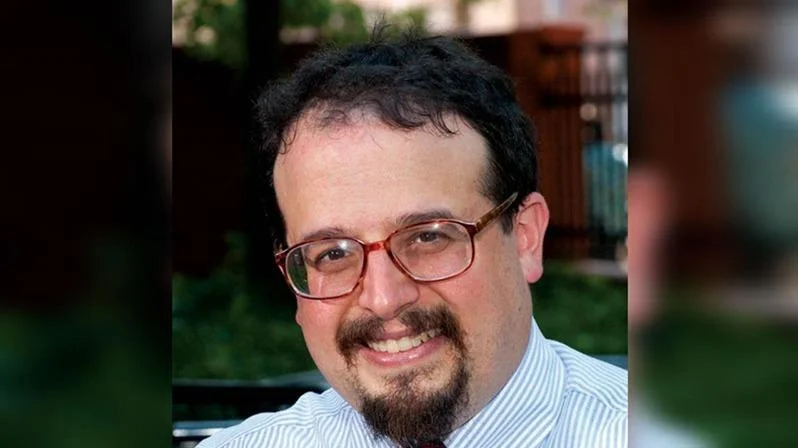
Dr. Martin Luther King Jr. was a pivotal figure in advocating for social change, focusing on what he called the "Triple Evils" of Racism, Poverty, and War-Violence. His life's work centered around envisioning a "World House," where a "Beloved Community" could flourish as a stronghold of truth, peace, justice, equity, and equality.
King's nonviolent philosophy is based on six foundational principles influenced by Henry David Thoreau, Mohandas K. Gandhi, Biblical teachings, and others. These principles are intended for "courageous people."
On March 27, 1968, Dr. King spoke at the Metropolitan A.M.E. Church in Jersey City about the "Poor People's Campaign." He emphasized interconnectedness among New Jerseyans from various backgrounds—those from Paterson to Camden and Newark to Bergen County—and highlighted the shared legacy of enslavement and indigenous heritage.
Dr. King urged New Jersey residents to combat racism, poverty, violence, and other societal issues through love and service. He challenged them to participate in a pilgrimage against these evils while offering a "Gift of Love." The spirit of his message encourages everyone to help one another and strive toward freedom.
In his book “Where Do We Go from Here: Chaos or Community?” King presents a “Testament of Hope.” Reflecting on King's dream and its relevance today emphasizes community building within New Jersey—a call for unity among its citizens.
The King National Holiday serves as a reminder of this vision for freedom and interconnectedness within the Garden State.